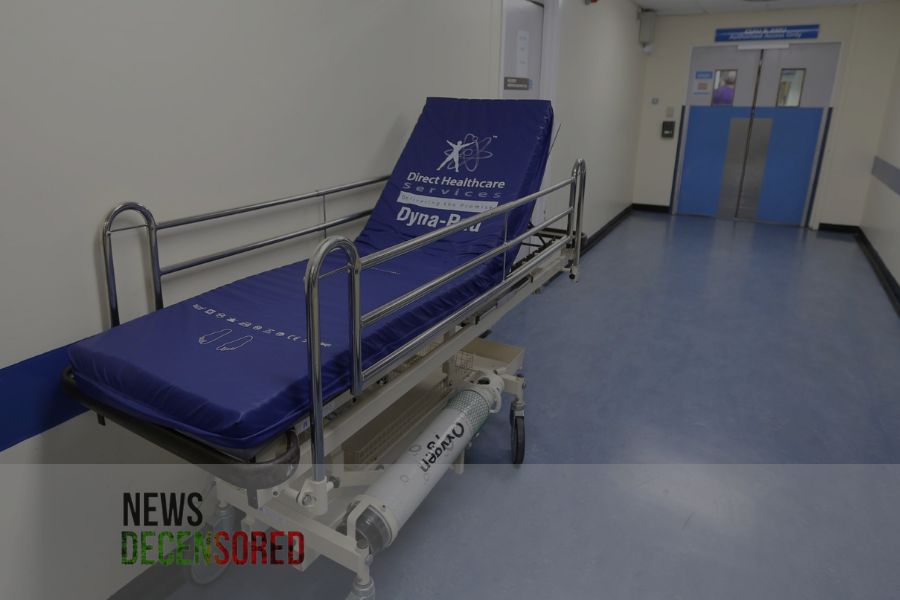After seeing the dying condition of patients in the hospital corridors, nurses have warned as they have already announced a national emergency in the NHS. The treatment of patients is mainly done on chairs in corridors for a long period, and this period extends for days, according to the Royal College of Nursing.
Doctors are treating cancer-diagnosed patients in public areas and may have to undergo intimate examinations there, too, said the union. According to a survey of almost 11,000 frontline nursing staff across the UK, this practice has become routine. When hospital management investigated their most recent shift, two in five reported delivering care in an inappropriate area, such as a corridor.
Most of them had declared that the patient’s privacy and dignity had been compromised. One of the nurses said: You would not have to treat a dog like this, and the other nurse recounted a patient with dementia for hours without oxygen in the hospital corridor.
They declared that when I reached the spot, I saw that she was in a wheelchair in a corridor with her daughter, was agitated, crying and confused. This caring environment for any patient, never mind with dementia, was completely inappropriate.
Professor Nicola Ranger, the general secretary of RCN, will warn about the national emergency at the beginning of the union’s annual conference. After this alarming situation, the organization has published a report on clinical care in inappropriate areas.
To realize the simplicity of this horror situation and show how widespread the practice has become, the RCN calls for reporting patients cared for in corridors. Our dedicated and once world-leading services are treating patients in car parks and store cupboards to save their precious lives,” Prof Ranger told delegates.
It’s very tough for elders to sit on chairs for long periods, and most of them are dying due to this situation while sitting in corridors. The threat of this situation is out of thought. Alerting patients to a national emergency is very important for patient safety, and today, we are raising the alarm for them.
She further added that receiving a cancer diagnosis in a public area isn’t care, but it’s a nightmare. For the safe and secure treatment of patients, we need to call it out as nursing staff, health leaders, and ministers to take responsibility.
Corridor care is an alarm for the symptoms of a system in crisis. According to RCN’s report, we keep in mind patient demand in all settings, whether primary to community or social care, and we facilitate it with outstripping workforce supply.















